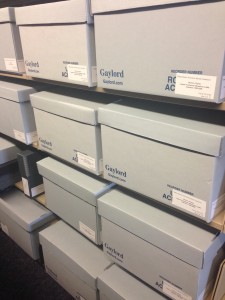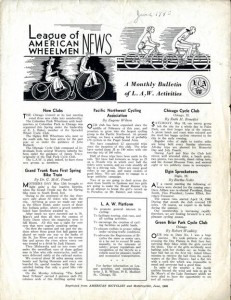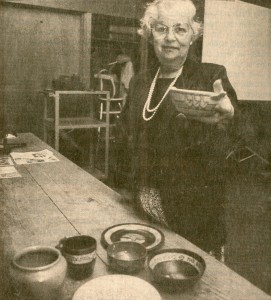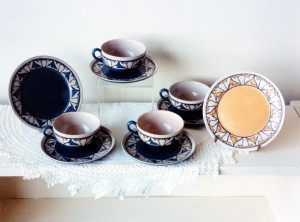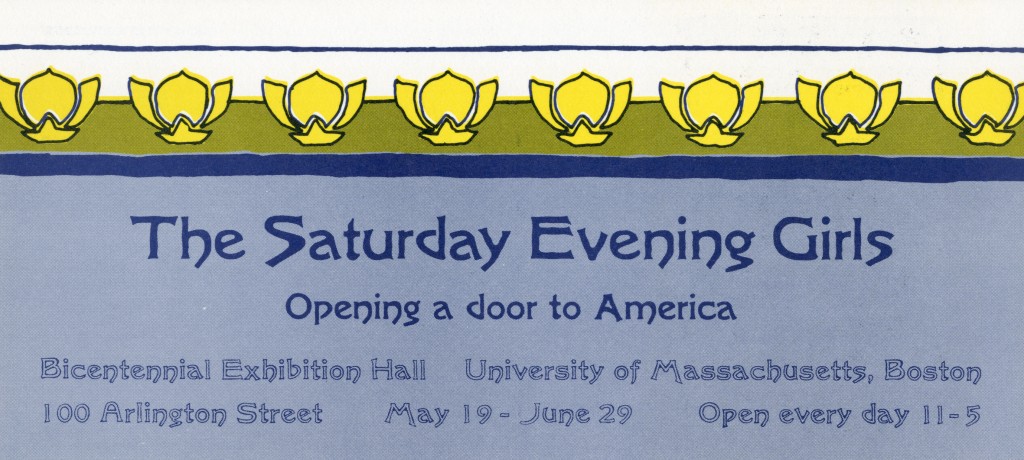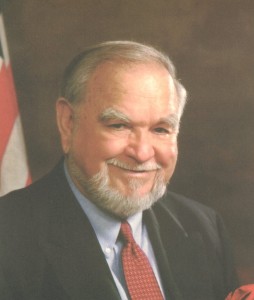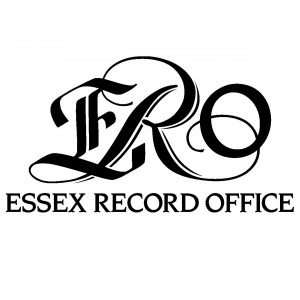 When: Friday, August 7, 2015 |
When: Friday, August 7, 2015 |
10:00 am – 12:00 pm
Location: Research Room, University Archives and Special Collections, 5th floor, Joseph P. Healey Library, University of Massachusetts Boston
Everyone interested in genealogy and family history is welcome to attend this free, public event, sponsored by University Archives & Special Collections, the Joseph P. Healey Library, and the Essex Record Office of the UK.
Light refreshments will be served. Space is limited, so please RSVP to library.archives@umb.edu.
Allyson Lewis, Archivist, and Neil Wiffen, Public Service Team Manager, will give a one-hour presentation about Essex Record Office and their collections, provide a display of original documents including parish registers and wills, and offer a help desk on researching English ancestors. Read more about the presenters below.
Essex is a county in Eastern England to the north east of London. It has the second longest coastline of any UK county. It has featured throughout English history as a hotbed of revolution and revolt. 6 barons from Essex were instrumental in forcing King John to agree to Magna Carta in 1215 and the Peasants’ Revolt against taxation began in Essex in 1381. During the 17th century it was a centre for developing non-conformist thought and had early congregations of Quakers and Independents both of whom soon made the voyage to the New World and settled in Massachusetts and Pennsylvania.
Essex Record Office is the storehouse of over one thousand years of the county’s history. Collections include maps, parish registers, wills, deeds, manorial records, Quarter Sessions records, charity, business and school records and records of local government. It is also home to the Essex Sound and Video Archive. With over 7 miles of shelving, our purpose built building is fully equipped to preserve these records for the future. Details of the collections are available on Seax our online catalogue. Images of parish registers and wills are available on our family history website, Essex Ancestors.
Parish registers were introduced in England and Wales in 1538 by Thomas Cromwell, adviser to Henry VIII. It was the first time that records were kept of those baptised, married and buried. Elizabeth I restated the need to keep parish registers in 1558 and 1597. These records are a treasure trove for the family historian as they are the main source of information available before the introduction of civil registration of births, marriages and deaths in July 1837.
Wills are a fascinating resource for family history and social history, giving information about family relationships, clothing, possessions, tools, landholdings, animals and religious ideas. Dating from 1400 to 1858, the wills held at Essex Record Office are available online as part of our Essex Ancestors service.
Light refreshments will be served. Space is limited, so please RSVP to library.archives@umb.edu.
Neil Wiffen, Public Service Team Manager of the Essex Record Office, was born in and educated in Chelmsford before undertaking his first degree at the University of East Anglia in Norwich. He started working at the ERO in 2000 when the new building was opened. At the University of Essex he completed an MA in Local and Regional History and has a strong interest in the history of the county of Essex sparked off mainly by his Dad telling him tales of watching American bombers taking off from the nearby Boreham Aerodrome. His Wiffen ancestors can be traced back to the Halstead area of Essex to at least 1800 but he is waiting to retire before undertaking his family history proper.
 Allyson Lewis is an archivist with 30 years’ experience. She is a graduate of Balliol College, Oxford where she read Modern History. She then took a Masters in Archive Administration at University College London. She has worked at Essex Record Office for 12 years and has responsibility for providing Access Points around the county to bring the Record Office closer to the public. She has focussed on researching First World War ancestry as part of the commemorations of the First World War in 2014. Allyson was born in Liverpool but her family come from all parts of the UK and mainly lead back to the Shetland Islands.
Allyson Lewis is an archivist with 30 years’ experience. She is a graduate of Balliol College, Oxford where she read Modern History. She then took a Masters in Archive Administration at University College London. She has worked at Essex Record Office for 12 years and has responsibility for providing Access Points around the county to bring the Record Office closer to the public. She has focussed on researching First World War ancestry as part of the commemorations of the First World War in 2014. Allyson was born in Liverpool but her family come from all parts of the UK and mainly lead back to the Shetland Islands.

